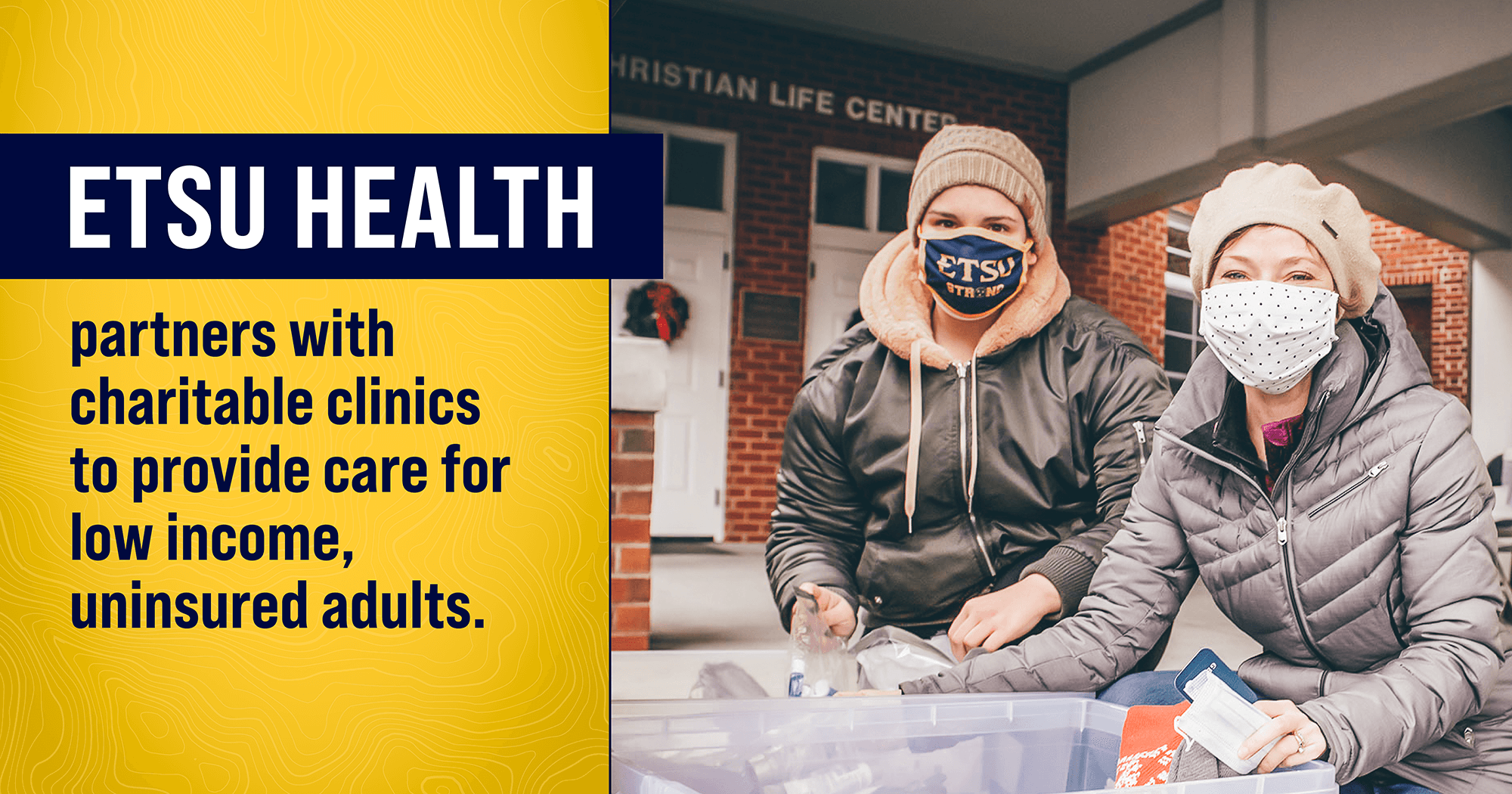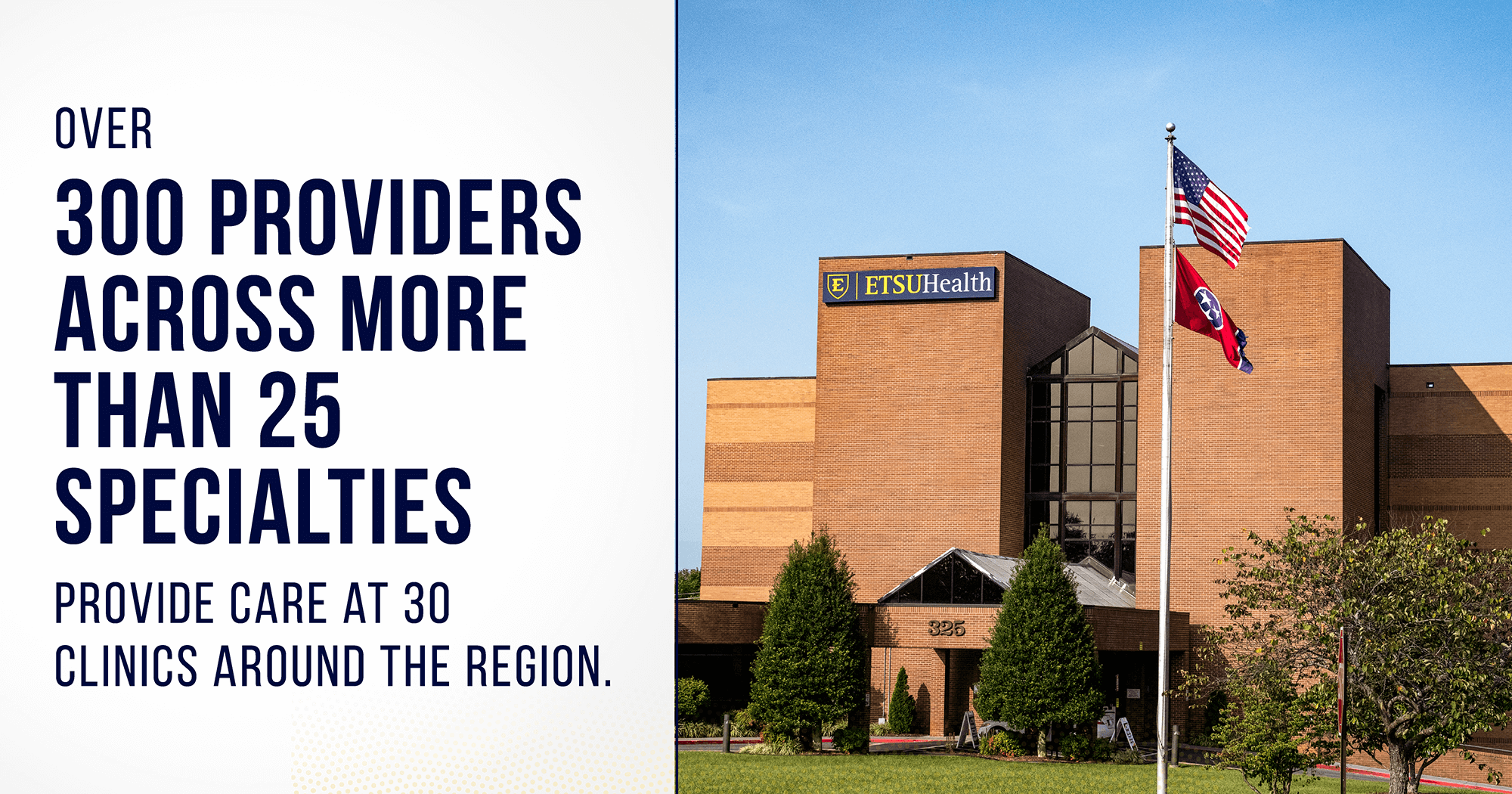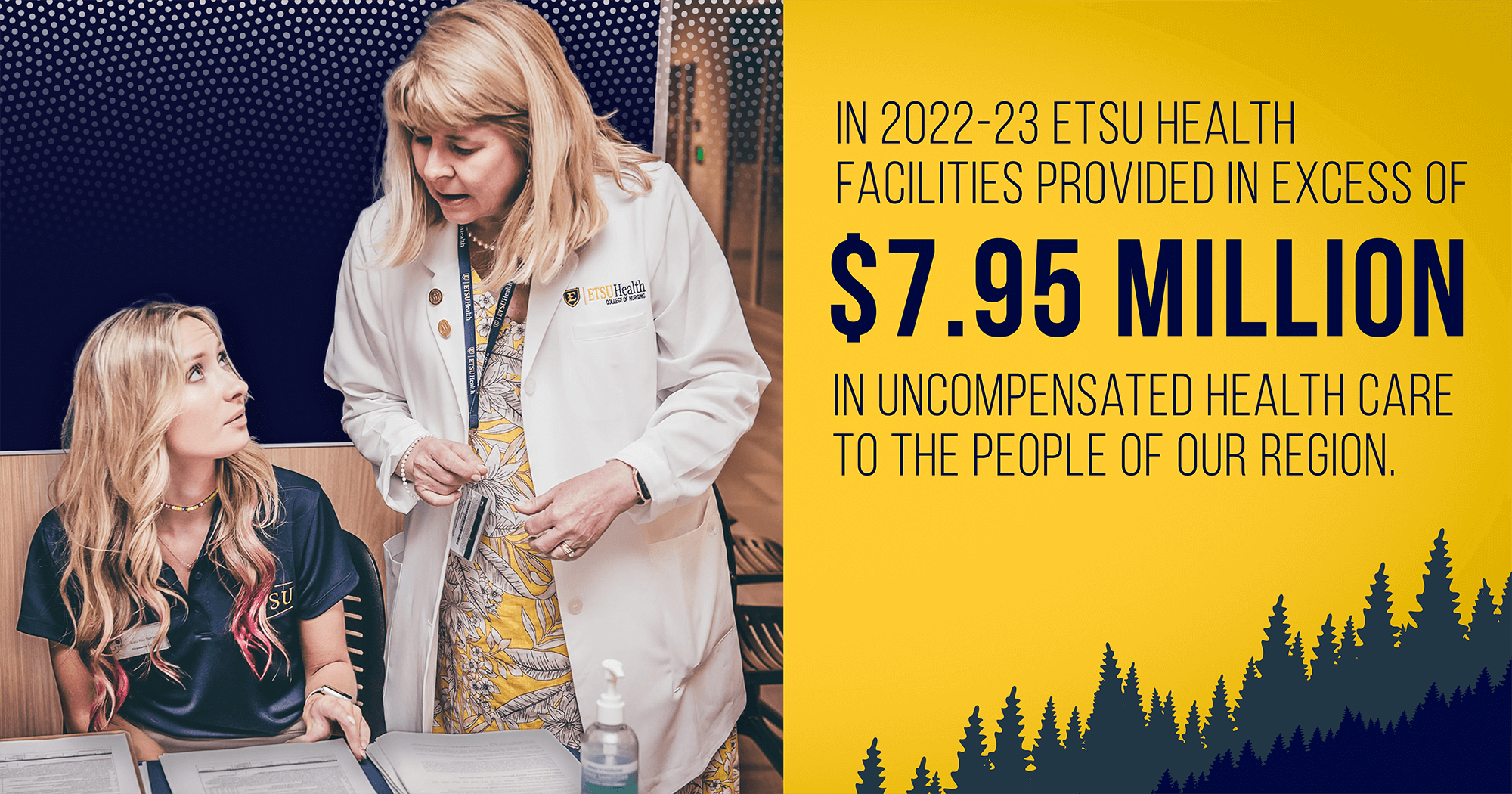Doctor of Occupational Therapy
Become a Leader in the Field of Occupational Therapy by Earning your OTD
Help clients function in their daily environments and become active participants in their lives by earning your Doctor of Occupational Therapy (OTD) from East Tennessee State University.
Through this program, you will be prepared to impact well-being, health, and quality of life.>
In the classroom, you will focus on disease, body functions, and structure while integrating activity limitations, participation restrictions, and contextual factors. You will then have the opportunity to practice that knowledge in hands-on clinical courses and fieldwork opportunities.
You’ll develop appropriate skills and expertise in diverse practice settings that will set you apart as a leader in occupational therapy.
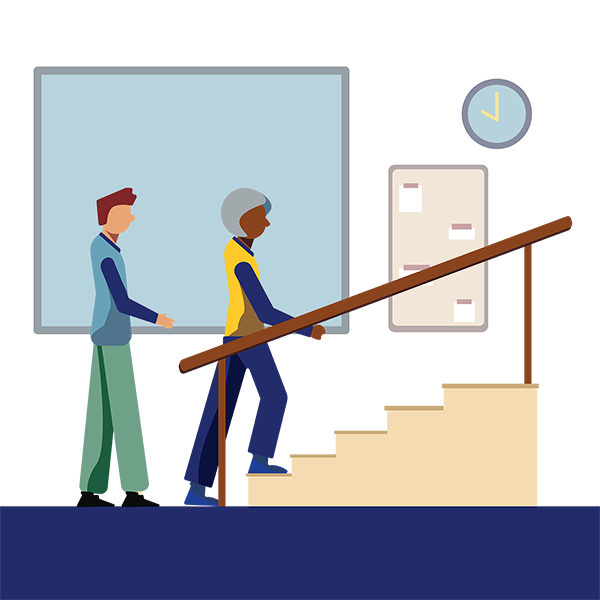
30 Students Admitted Yearly
No GRE Required for Admission
3-Year Full-Time Program
Early Application Deadline: September 1
Final Application Deadline: December 15
Careers in Occupational Therapy
As a graduate of the OTD program, you will be prepared to work as a leader in a variety of occupational therapy settings, such as:
- Pediatrics
- Mental Health
- Neurological Disorders
- Orthopedics
- Geriatrics
- Palliative and Hospice Care
- Community Health
- Rehabilitation Technology & Environmental Modifications
- Home Health
- Skilled Nursing
- Assisted Living
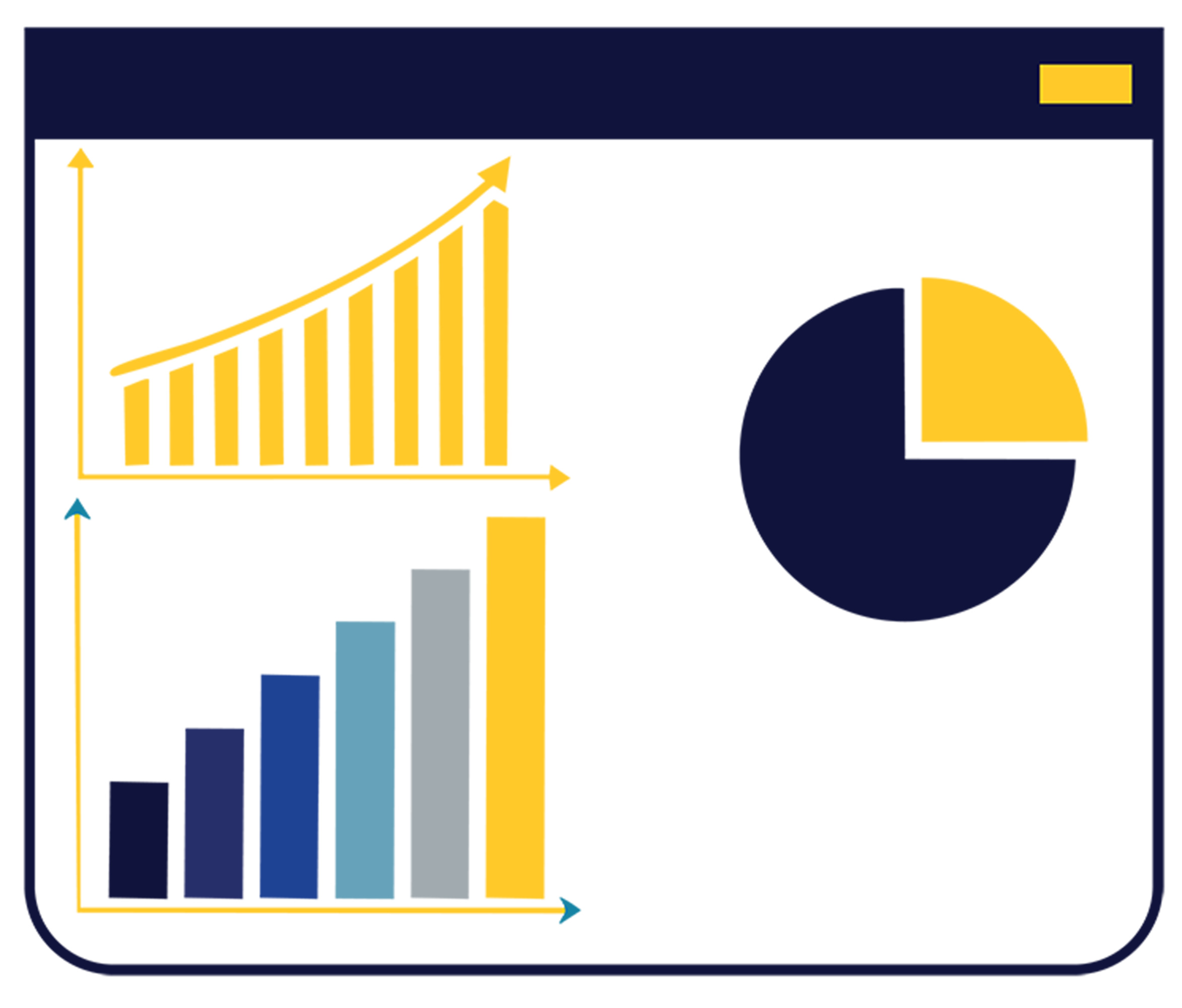
According to the U.S. Bureau of Labor Statistics, employment of occupational therapists is projected to grow 12% from 2022 to 2032, much faster than the average for all occupations.
ETSU Health: Improving Health in Northeast Tennessee and Beyond
The College of Health Sciences is part of the university’s Academic Health Sciences Center (AHSC), which offers a robust combination of health sciences programs and patient-care facilities.
Currently, ETSU is one of fewer than 125 institutions worldwide that are members of the Association of Academic Health Centers.
Our AHSC, known as ETSU Health, prepares the future health care workforce and is a major provider of primary, specialty, and tertiary care throughout the region with 30 clinical sites and more than 250 health care providers.
Take Your Next Step
Learn More about OTD at ETSU
-
Program Cost
Current program cost (in-state and border county tuition cost)
Year 1
Summer 2025
(11 credits)
Tuition - $5,665
Program Service Fees - $1,048 Academic Health Fees - $550
Total - $7,263Fall 2025
(16 credits)
Tuition - $5,768
Program Service Fees - $1,048 Academic Health Fees - $800
Total - $7,616Spring 2026
(13 credits)
Tuition - $5,459
Program Service Fees - $1,048 Academic Health Fees - $650
Total - $7,157Year 1 Total: $22,036
Year 2
no summer classes
Fall 2026
(16 credits)
Tuition - $5,768
Program Service Fees - $1, 048 Academic Health Fees - $800
Total - $7,616Spring 2027
(17 credits)
Tuition - $5,871
Program Service Fees - $1,048 Academic Health Fees - $850
Total - $7,769Year 2 Total - $15,385
Year 3
Summer 2027
(10 credits)
Tuition - $5,150
Program Service Fees - $1,048 Academic Health Fees - $500
Total - $6,698Fall 2027
(11 credits)
Tuition - $5,253
Program Service Fees - $1,048 Academic Health Fees - $550
Total - $6,851Spring 2028
(13 credits)
Tuition - $5,459
Prorgam Service Fees - $1,048 Academic Health Fees - $650
Total - $7,157Year 3 Total - $20,706
Total Cost of Program
(2025-2028)$58,127
Current program cost (out-of-state tuition cost)
Year 1
Summer 2025
(11 credits)
Tuition - $5,665
Program Service Fees - $1,048 Academic Health Fees - $550
Out of State Tuition - $9,251
Total - $16,514Fall 2025
(16 credits)
Tuition - $5,768
Program Service Fees - $1,048 Academic Health Fees - $800
Out of State Tution - $7,560
Total - $15,176Spring 2026
(13 credits)
Tuition - $5,459
Program Service Fees - $1,048 Academic Health Fees - $650
Out of State Tuition - $6,507
Total - $13,664Year 1 Total: $45,354
Year 2
no summer classes
Fall 2026
(16 credits)
Tuition - $5,768
Program Service Fees - $1, 048 Academic Health Fees - $800
Out of State Tuition - $7,560
Total - $15,176Spring 2027
(17 credits)
Tuition - $5,871
Program Service Fees - $1,048 Academic Health Fees - $850
Out of State Tuition - $7,560
Total - $15,329Year 2 Total: $30,505
Year 3
Summer 2027
(10 credits)
Tuition - $5,150
Program Service Fees - $1,048 Academic Health Fees - $500
Out of State Tuition - $8,410
Total - $15,108Fall 2027
(11 credits)
Tuition - $5,253
Program Service Fees - $1,048 Academic Health Fees - $550
Out of State Tuition - $7,560
Total - $14,411Spring 2028
(13 credits)
Tuition - $5,459
Prorgam Service Fees - $1,048 Academic Health Fees - $650
Out of State Tuition - $7,560
Total - $14,717Year 3 Total - $44,236
Total Cost of Program
(2025-2028)$120,095
Illustration based on current 2024/2025 fees, however fees are subject to change. According to FASFA (Free Application for Federal Student Aid), cost of attendance is defined as total amount of attending the program, which includes tuition and fees, books, supplies, transportation, loan fees as well as fees associated with distance education. Please visit ETSU Tuition and Fees estimator page for meal plan, payment plan, and housing related costs.
The costs associated with attending ETSU can include both direct and indirect costs. Please review ETSU's Cost of Attendance for more details.
-
Program Outcomes
Graduation Year Students Entering Withdrew for Non-Academic Reasons Students Graduating Graduation Rate* 2025 (first cohort) 19 3 16 100% 2026 27 2027 24 2028 29 Total 99 * Graduation rate is minus those who withdrew for reasons other than academic performance.
* Program performance data on the NBCOT certification examination is available for public viewing by state and program level by clicking on this link: https://www.nbcot.org/Educators-Folder/SchoolPerformance. TThe ETSU OTD program graduated its first class in May 2025.
-
Admissions Information
HOW TO APPLY:
1. Apply through the Occupational Therapy Centralized Application System (OTCAS) OTCAS login page2. Students must also apply for graduate admission to ETSU through the ETSU Graduate School application
WHEN TO APPLY:
Applications open on July 18, 2025 for the Summer/Fall 2026 application cycle.
Early Admission Deadline: Applications for the Summer/Fall 2026 cohort will be due by September 1, 2025 for early admission consideration. Applications must be submitted and completed by September 1st to be considered for the early deadline.
Final Admission Deadline: Applications for the Summer/Fall 2026 cohort will close on December 15, 2025. -
Accreditation
The entry-level occupational therapy doctoral degree program is accredited by the Accreditation Council for Occupational Therapy Education (ACOTE) of the American Occupational Therapy Association (AOTA), located at 7501 Wisconsin Avenue, Suite 510E, Bethesda, MD 20814. ACOTE’s telephone number c/o AOTA is (301) 652-6611 and its web address is www.acoteonline.org. Graduates of the program will be eligible to sit for the national certification examination for the occupational therapist administered by the National Board for Certification in Occupational Therapy (NBCOT). After successful completion of this exam, the individual will be an Occupational Therapist, Registered (OTR). In addition, all states require licensure to practice; however, state licenses are usually based on the results of the NBCOT Certification Examination. A felony conviction may affect a graduate’s ability to sit for the NBCOT certification examination or attain state licensure.
Students must complete 24 weeks of Level II fieldwork and an individual 14-week capstone experience within 24 months following the completion of the didactic portion of the program. The doctoral capstone experience must be started after completion of all coursework, Level II fieldwork, and preparatory activities defined in 2023 ACOTE OTD Standard D.1.3.
If you have any questions about the OTD program, we’re here to help! Please reach out to our graduate counselor for more information.

Graduate Admissions Counselor
College of Health Sciences
falkenberg@etsu.edu
423-439-7112
 Stout Drive Road Closure
Stout Drive Road Closure 